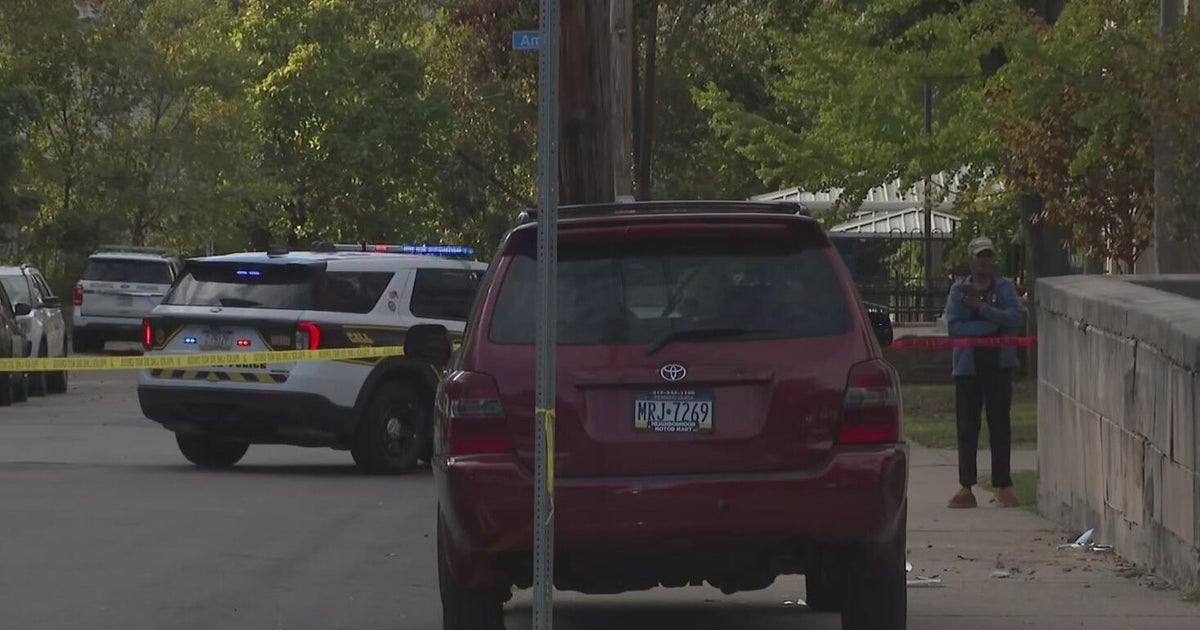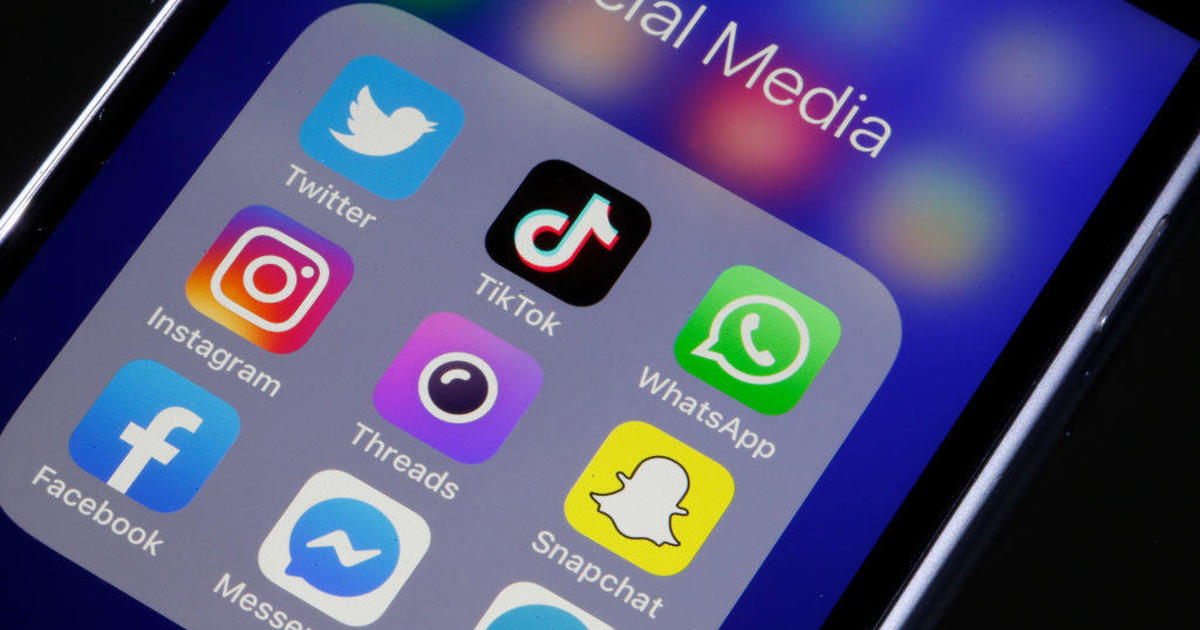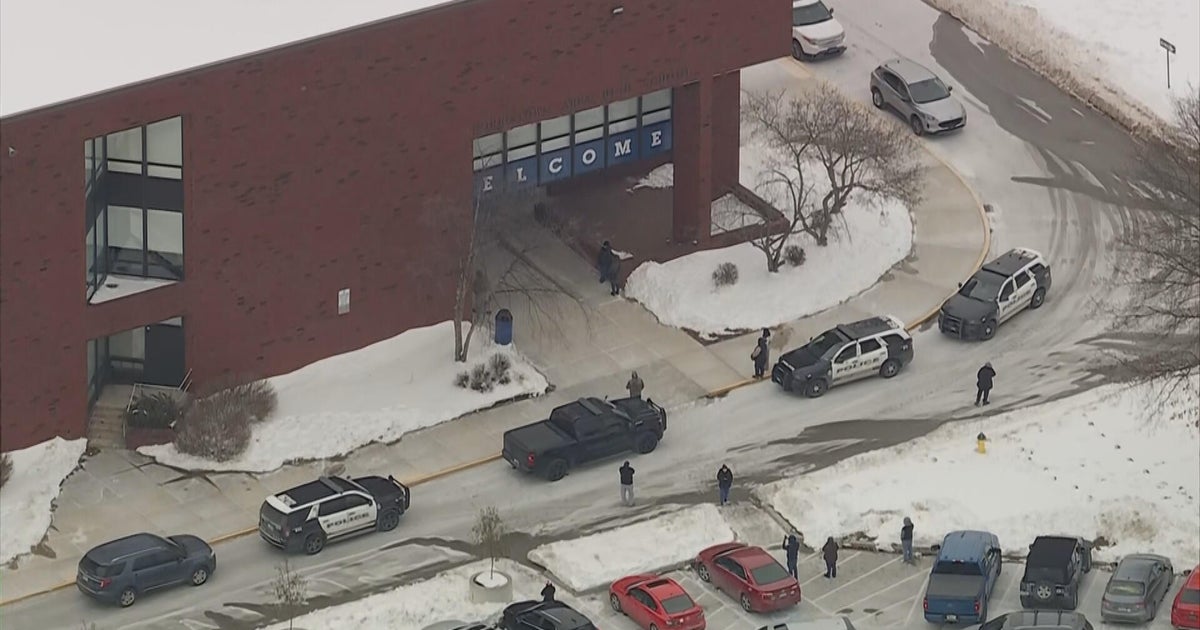COVID-19 In Pittsburgh: University Of Pittsburgh Study Aims To Curb Vaccine Misinformation
By: KDKA-TV News Staff
PITTSBURGH (KDKA) - As health departments here in Pennsylvania and across the world begin rolling out COVID-19 vaccinations, a study from the University of Pittsburgh is aiming to understand and curb misinformation regarding the vaccine.
In a report in PittWire, a grant from the Richard King Mellon Foundation is helping Pitt researchers investigate the how and why misinformation spreads about vaccines.
"Vaccines are often the victim of their own success," said Beth Hoffman, a Ph.D. student in the University of Pittsburgh Department of Behavioral and Community Health Sciences and a research assistant at the Center for Research on Behavioral Health, Media, and Technology. "I think one of the reasons we've seen a rise in anti-vaccine sentiment over the years is people are losing the memory of how devastating and deadly these illnesses are."
The study includes Hoffman and assistant professor of medicine Jaime Siani and focuses on social network analyses of hesitancy surrounding the COVID-19 vaccines.
Thanks to a $117,000 grant from the Richard King Mellon Foundation and public information, the study will look into how misinformation campaigns are created, how they change over time and will try to find how it impacts certain communities, especially minority communities.
"We saw some national surveys indicating many people were hesitant to get the COVID-19 vaccine, even before a vaccine candidate became available, and that was increasing over time with each subsequent survey. But they didn't really explain why or how," said Sidani. "We're using social network analysis to see how messages spread among groups and into other groups, but also learn more about the reasons for hesitancy and develop educational messaging to counter that."
Over the summer, the research team had begun noticing misinformation surrounding potential COVID-19 vaccinations and by October were given the grant from the Richard King Mellon Foundation, just before the vaccines were announced.
"Timing-wise, we have a really great opportunity here to see what public sentiment will be like for the vaccines now that they've started rolling out," said Hoffman.
The study will continue through the end of 2021.







